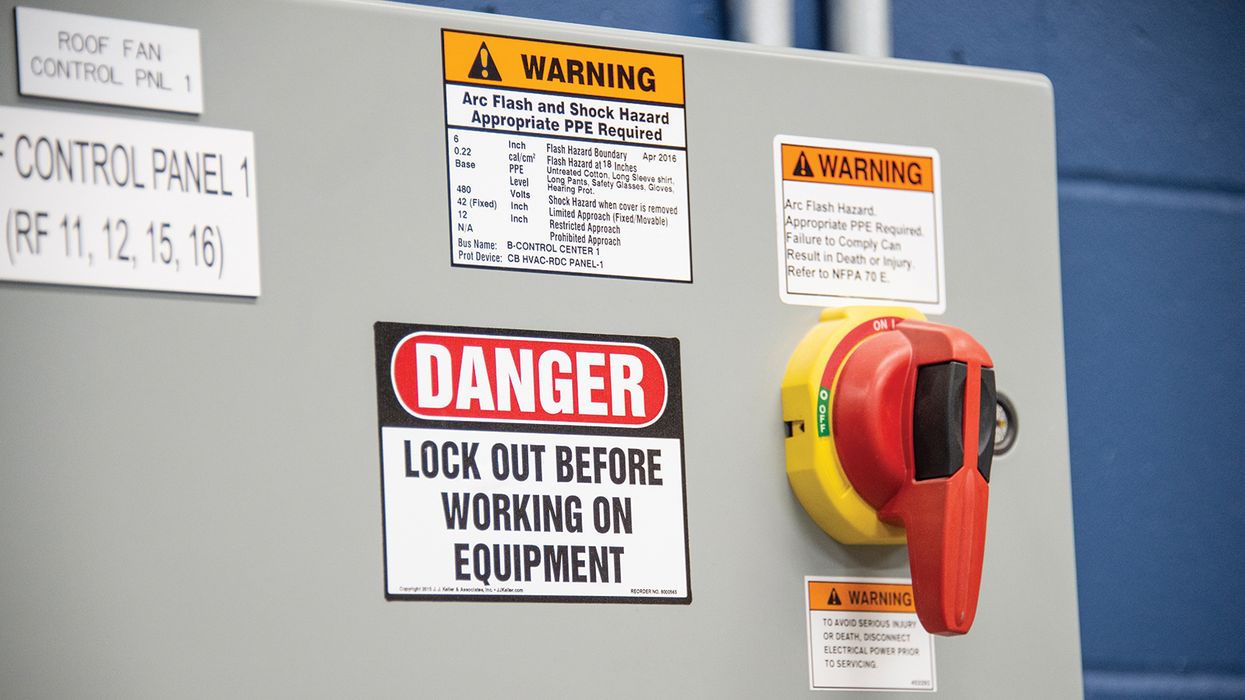Avoid these mistakes on your next IFTA return
Errors on an International Fuel Tax Agreement (IFTA) quarterly fuel tax return can result in additional tax assessments, penalties, interest, or worse — being selected for an audit. On your next IFTA return, avoid these common errors.
Failing to report in-jurisdiction miles
Carriers often think that the miles within their base jurisdiction are not counted as taxable miles. The reality is that these miles are not exempt from tax and must be reported.
Incorrectly or failing to calculate fuel surcharges
There are a few states that, in addition to the tax-per-gallon, also assess a fuel surcharge. Kentucky and Virginia both assess a diesel fuel charge separately from the fuel tax. The fuel surcharge rates are listed on the tax rate tables available from IFTA, Inc., at www.iftach.org.
Not using the most current fuel tax rates
Rates are established each quarter and can change. Be sure that you’re using the correct rates for the correct quarterly filing. Again, you can find this information on www.iftach.org.
Failing to file on time
Returns are due the last day of the month following the end of the quarter. Tax returns and payments are considered received and filed on the date shown on the postmark stamped on the return. If the last day of the month falls on a Saturday, Sunday, or legal holiday, the next business day is considered the due date. Jurisdictions have been known to select carriers for audit if the carrier fails to file fuel tax returns on time.
Failing to report Oregon operations
Although Oregon does not impose fuel taxes in the state, the miles must still be reported on the IFTA return. The miles in Oregon are part of the miles-per-gallon calculation and part of the total miles traveled in the state. Be aware that some states also want total miles listed in the taxable-miles column on your quarterly return, but since the tax rate for Oregon is zero, no tax is due for miles driven in Oregon.
Incorrectly reporting miles per gallon
The miles-per-gallon calculation is simply the total number of miles operated by IFTA qualified vehicles (including all miles traveled in IFTA and non- IFTA jurisdictions) divided by the total number of gallons of fuel placed into those qualified vehicles. The miles-per-gallon calculation must be carried out to two decimal places. The miles-per-gallon calculation must be performed on every quarterly return; do not use the same miles-per-gallon figure quarter after quarter.
Failing to double-check your work
One of the most common IFTA return mistakes is not double-checking the return to make sure everything adds up. Do the numbers make sense? Have you reported California miles, even though you’re an east-coast-only operation? Double checking your entries can save you the time of refiling and/or potential audits and assessments. Even if you’re using a fuel tax filing software or keeping track of this information electronically, it’s always best to check your work and what you’ve entered.
Key to remember: Filing IFTA quarterly tax returns that are as error-free as possible can help you avoid tax interest, penalties, or audit.






















































